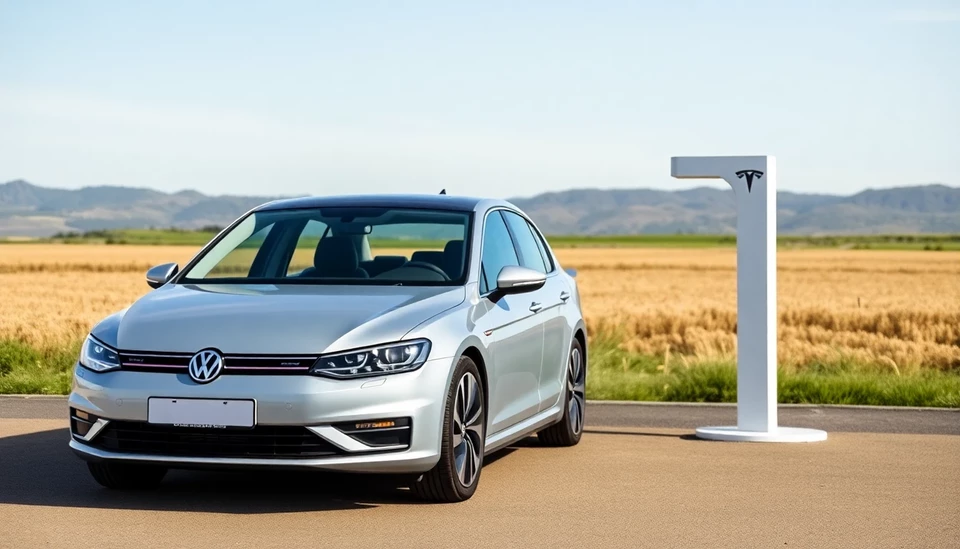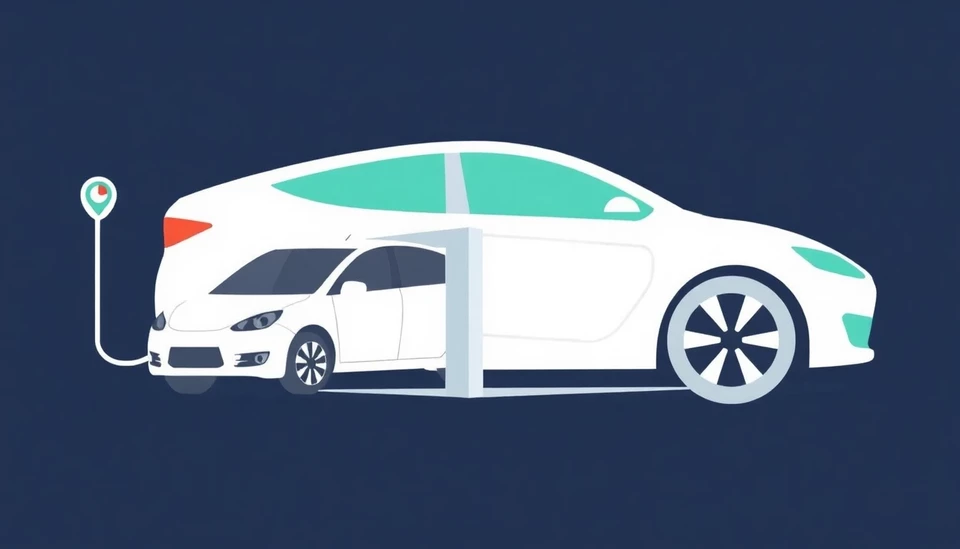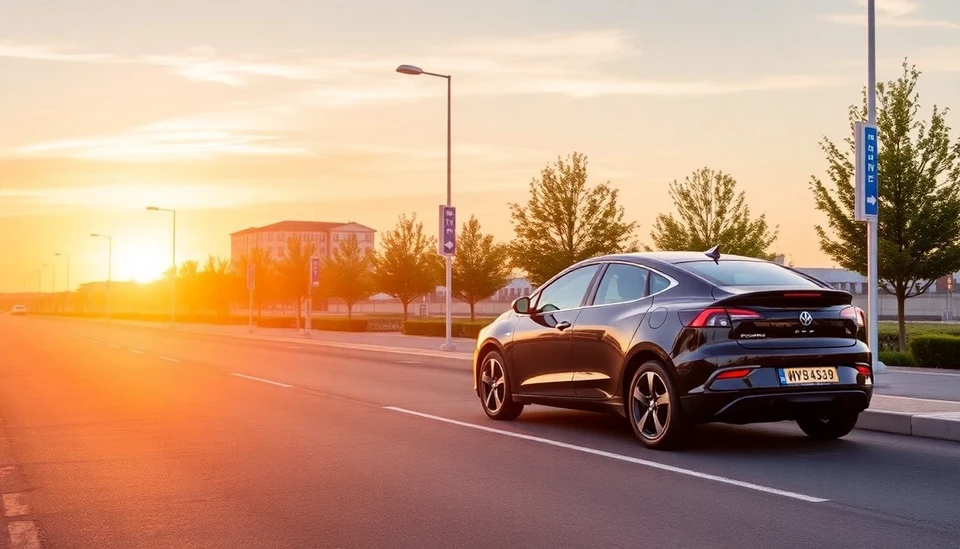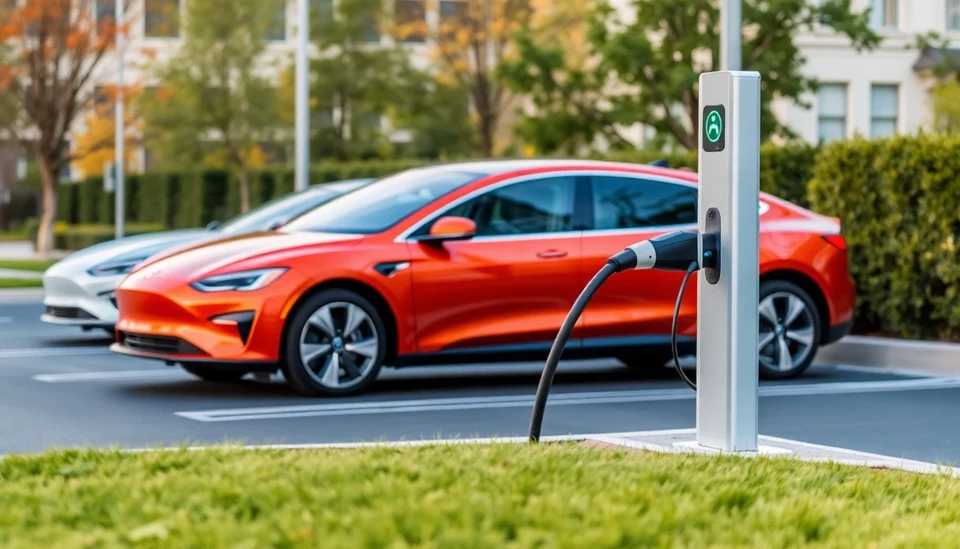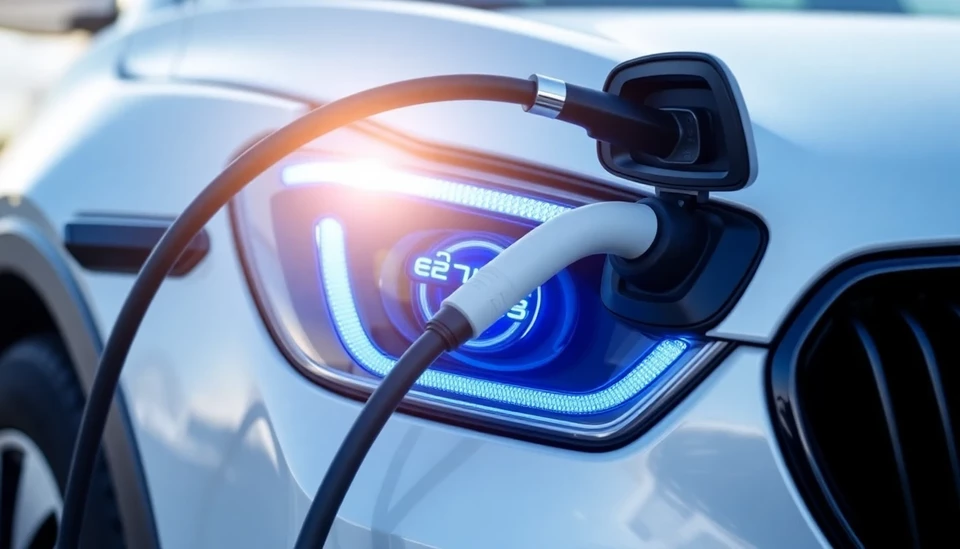
In a landscape rapidly transforming due to the electric vehicle (EV) revolution, Sweden finds itself lagging behind its Scandinavian neighbors in the realm of car sales, particularly with regard to electric vehicles. Despite a strong push towards sustainability, Norway and Denmark have surged ahead, marking significant increases in EV adoption, while Sweden’s growth in this sector appears to be stalling.
The sales figures reveal a stark contrast. Norway, often hailed as a beacon of electric vehicle adoption, boasts approximately 80% of new cars sold as EVs. Denmark, riding the electric wave, has also reported a remarkable increase, showcasing a doubling of electric car sales. In contrast, Sweden, amidst its ambitious climate targets, has seen a mere 38% of new car sales comprising electric vehicles, a figure that raises concerns among policymakers and industry leaders alike.
This discrepancy in EV sales can be attributed to a combination of factors that have hindered Sweden's ability to fully embrace electric mobility. One of the main challenges has been the limited availability of charging infrastructure, which continues to be a barrier for many potential EV buyers. While urban centers in Sweden are gradually improving their charging networks, the vast rural areas still grapple with insufficient access to charging stations, which deters consumers from making the switch to electric.
Moreover, the Swedish government's efforts to incentivize EV purchases have not proven as effective as anticipated. While various subsidies and tax breaks are in place to promote electric vehicle adoption, they have not yet translated into the level of uptake seen in Norway, where incentives are more aggressive and have produced tangible results.
Environmental advocates argue that for Sweden to meet its green objectives and strengthen its EV market, a more robust policy framework is imperative. They suggest a multifaceted approach that includes enhancing public charging infrastructure, increasing financial incentives for consumers and manufacturers alike, and fostering public awareness campaigns to promote the benefits of electric vehicle ownership.
Industry insiders also point to the importance of collaboration between the government and automakers as a key component of boosting EV sales. They believe that an integrated approach involving all stakeholders could help nurture the electric vehicle market and enable Sweden to regain momentum in this pivotal automotive shift.
In summary, while Sweden has established itself as a leader in various aspects of sustainability, its current position in the electric vehicle sector highlights significant shortcomings. Addressing these issues will be crucial for Sweden to catch up with its Scandinavian counterparts and ensure that it remains competitive in the global push towards electrification.
As the EV landscape continues to evolve, it remains to be seen whether Sweden can overcome these hurdles and foster an environment that promotes the widespread adoption of electric vehicles. The clock is ticking, and the next steps taken will be critical in determining Sweden's role in the electrification of transportation.
#EVsales #ElectricVehicles #Sweden #Sustainability #Denmark #Norway #Transportation #ChargingInfrastructure #ClimateAction
Author: Victoria Adams
